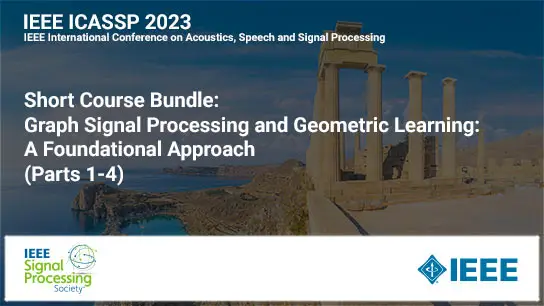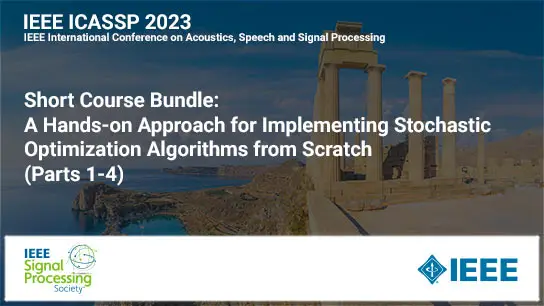ENHANCING CONTEXTUAL ENCODING WITH STAGE-CONFUSION AND STAGE-TRANSITION ESTIMATION FOR EEG-BASED SLEEP STAGING
Jaeun Phyo, Wonjun Ko, Eunjin Jeon, Heung-Il Suk
-
Members: FreeSPS
IEEE Members: $11.00
Non-members: $15.00Length: 00:09:09
11 May 2022
Sleep staging is essential for sleep assessment and plays a vital role as one of the health indicators. It is challenging to correctly classify stage-transitioning epochs of sleep electroencephalography (EEG) because of their mixed signals of stages. To this end, recent studies exploited and devised various deep learning architectures. However, those are still suffering from confusing two or more stages, especially in stage-transitioning epochs. In this work, we propose a novel network architecture that takes advantage of two auxiliary classification tasks and exploits their outputs to adapt feature representations, thus effectively discriminating confusing stages. Specifically, one auxiliary task is an epoch-level stage classification to produce confidence scores about stages. The other is a stage-transition detection to learn inter-epoch relations. Using inferred information about stage-confusion at an epoch level and stage-transition across neighboring epochs helps learn more concrete representations for stage identification. We demonstrated and analyzed the validity of our proposed method over two publicly available datasets, achieving promising performances.



